 Last week, we looked at the difference between active and passive voice. Today, we’re going to be looking at a different type of voice in writing–your personal voice.
Last week, we looked at the difference between active and passive voice. Today, we’re going to be looking at a different type of voice in writing–your personal voice.
What is Voice?
Voice can be difficult to explain; after all, the term “voice” suggests something spoken, yet novels deal with the written language. (No wonder new writers are so confused!) In the simplest of terms, voice is how you write. Just as you have your own distinctive way of talking, you should also have a distinctive way of writing.
So what do I mean by “how” you write?
I believe that there are two components that make up a writer’s voice: style and perception. I think that style often gets confused with voice. While style does influence your voice, style on its own is not voice. As we will see, there’s more to it. Let’s explore both elements in more detail.
So what exactly is style? It’s your own personal preferences and choices in the way you write. It’s how you say what you have to say. It’s composed of word choice, use of figurative language, metaphors, imagery, etc. Do you use poetic language or are you more straightforward? Do you prefer long sentences or short, choppy ones? Do you use speech tags or avoid them whenever possible?
All of these decisions work together to create your personal style. For example, I prefer to write in a romantic, descriptive style. This means lots of imagery, figurative language, and sensory details. Think of style as a sort of accent for your writer’s voice.
Now, on to perception. By perception, I mean the way in which the narrator of the story views the world. What are his/her opinions, views, attitudes, thoughts, feelings, beliefs about the world around him? This will influence the narrative. For example, a pessimist will perceive the world more negatively, while an optimist will have a more positive attitude. A soldier will have a different perception of war than a citizen. A child sees the world differently than an adult.
See where this is going?
The narrator’s perception will in turn influence the tone of the writing and give it personality. Now, this brings us to the next important point: Who is the narrator? Is it the author, via third person, or is it the hero via first person?
If you’re writing in third person, your voice will be “louder” than the hero’s. I write in third person, so I have the freedom to describe my character’s world and experiences in poetic language that fits my style, but my hero might not use this language if he were speaking himself. I can also insert more of my own perceptions, which the hero may or may not share.
On the other hand, if you’re writing in first person, your voice will be “muffled” by the hero’s. He will be the one speaking, and all of the perceptions will be his. Some of the stylistic choices such as word choice should also reflect how the character would speak rather than what you would use.
Whether you write in first or third person, the voice should reveal a distinct way of looking at the world.
What Does Voice Look Like in Writing?
Now that you have a better understanding of what voice is, let’s take a look at some examples. We will be comparing style, tone, and perception.
Example #1: Style
Excerpt 1:
“On two chairs beneath the bole of the tree and canopied by a living bough there sat, side by side, Celeborn and Galadriel. Very tall they were, and the Lady no less tall than the Lord; and they were grave and beautiful. They were clad wholly in white; and the hair of the Lady was of deep gold, and the hair of the Lord Celeborn was of silver long and bright; but no sign of age was upon them, unless it were in the depths of their eyes; for these were keen as lances in the starlight, and yet profound, the wells of deep memory.” -J.R.R. Tolkien, The Fellowship of the Ring
Analysis: Tolkien’s style is more poetic and descriptive. The passage moves more slowly because of the long sentences. On the other hand, King’s style is more sparse and straightforward, and he uses short sentences. Notice also the wording–Tolkien’s is more archaic/romantic, while King’s is more modern. What other stylistic choices do you notice?
Example #2: Tone
Excerpt 1:
“Conventional wisdom says the key to looking good is building your outfit around just one trend at a time. Forget that! Wearing multiple trends at once not only makes you look more stylish, it also stops any one piece from dominating your look. That way the focus stays clearly on you and not just on your trendy new jacket.” –Seventeen Magazine
Excerpt 2:
“The new Coke bottle is part of the company’s efforts to make its containers from renewable ingredients. Coca-Cola debuted “PlantBottle” packaging in 2009, which is 30% comprised of plant materials. The new PlantBottle that Coke debuted this week is its first to be made 100% from sugar cane plastic.” –CNN
Analysis: The tone in the first excerpt is more casual and personable, while the second is more dry and factual. Your tone will depend on your (or your character’s) perception, your audience (are you writing for teen girls or adults?), and what you want to say (are you trying to convey humor or are you writing a horror piece?).
Example #3: Perception
Excerpt 1: “This is how the birth of Jesus Christ came about: His mother Mary was pledged to be married to Joseph, but before they came together, she was found to be with child through the Holy Spirit…[Joseph] had no union with her until she gave birth to a son.” -Matthew 1:18, 25
Excerpt 2: “In those days Caesar Augustus issued a decree that a census should be taken of the entire Roman world…[Joseph] went [to Bethlehem] to register with Mary, who was pledged to be married to him and was expecting a child. While they were there, the time came for the baby to be born, and she gave birth to her firstborn, a son.” -Luke 2:1, 5-6
Analysis: These accounts are two different points of view of the same event–the birth of Jesus. In the first, Matthew focuses more on the virginity of Mary; Luke, on the other hand, focuses more on the location of the birth. Each author focused on the details he thought were most important.
This is why perception is so important to your voice–everyone will notice something different about the same event! This is because we all have different experiences, opinions, preferences, thoughts, and beliefs. Fascinating stuff, right?
Here’s another way to think of it: Three people witness a crime and give their testimony to the police. Each story varies a little, though all three cover the main events. Even though the accounts are different, that doesn’t mean the witnesses are lying–they just each saw the crime from a different angle, thus providing a unique point of view to what happened.
Your job with your voice is to provide a unique point of view on the world and your story’s events.
How Do I Develop My Own Voice?
The best way to develop you writer’s voice is to read a lot and write a lot. There’s really no other way to do it. -Stephen King
I remember being a new (and young) writer and stressing over voice in my writing. I didn’t understand what it was or how to make my writing stand out. Though looking back now, I was probably over-thinking it too much.
Everyone has a voice–you have one right now (although it may still be emerging or developing). Your voice will develop naturally as you write and grow.
I recently attended a lecture with Sena Naslund (New York Times best-selling author of Ahab’s Wife), and she offered some great advice for developing your voice:
Aim not for distinction, but, instead, aim to write well…We each have distinctive ideas about what “writing well” means… Realize that a distinctive voice for a writer emerges from a sense of being a distinct, unique, that is “different” person.
I know a lot of new writers will try to imitate their favorite authors. It’s okay to experiment with and “try on ” different voices as you’re finding you’re own. When I first started writing I imitated J.K. Rowling and used lots of colorful speech tags and adverbs. Now I can’t stand either.
As we learn the craft we will likely imitate our “teachers” (favorite authors). But as we mature and become more confident in our writing abilities, we should start developing our own voice. Please don’t strive to mimic another author–the world needs your voice! We don’t need another Tolkien or Hemingway or Jane Austen. We need you. Because no one can “do you” as well as you can. So why try to write like anyone else?
Write a lot, read a lot, and learn as much as you can about yourself. Grow not just as a writer, but as a person. Discover what stylistic choices you prefer, and discover your thoughts and opinions about the world.
So relax. Embrace your differences. Let your (or your character’s) personality and attitude come through your writing. This is your voice.
What is your writing voice like? Are you in the process of developing it? Has it changed over time?










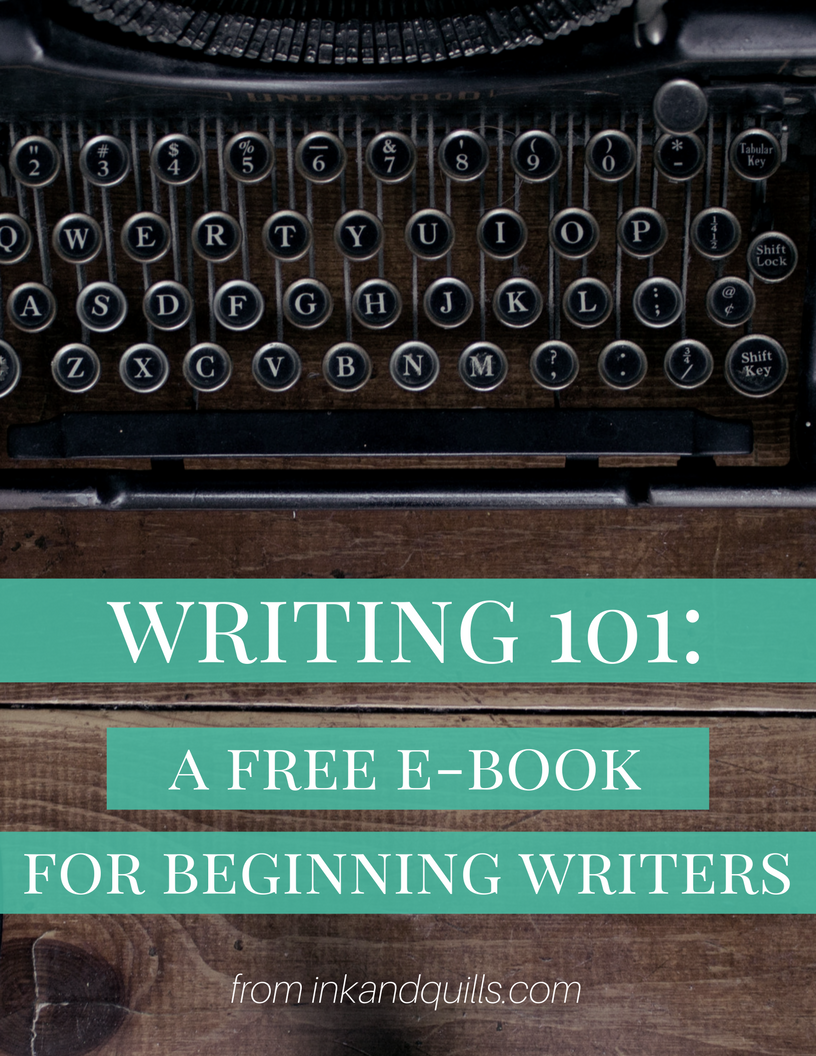

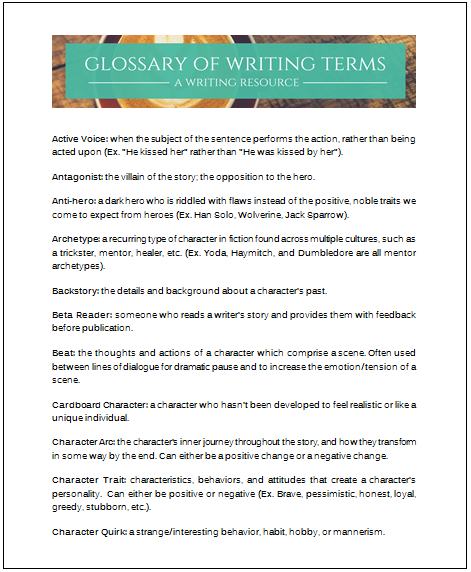

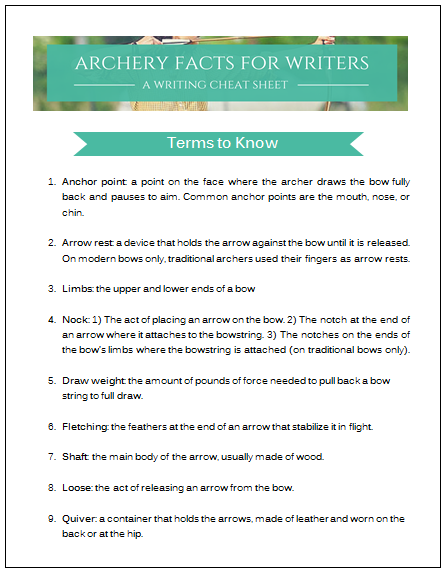



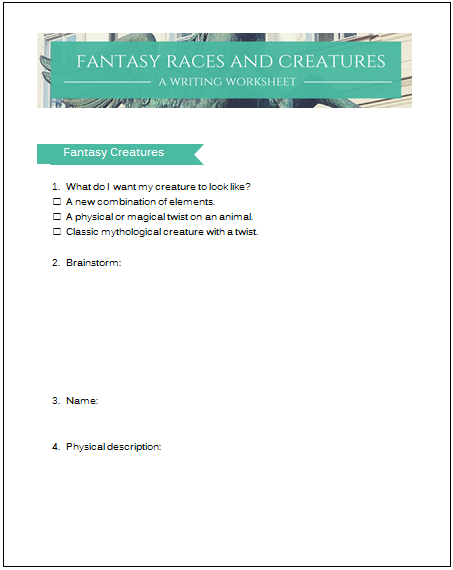


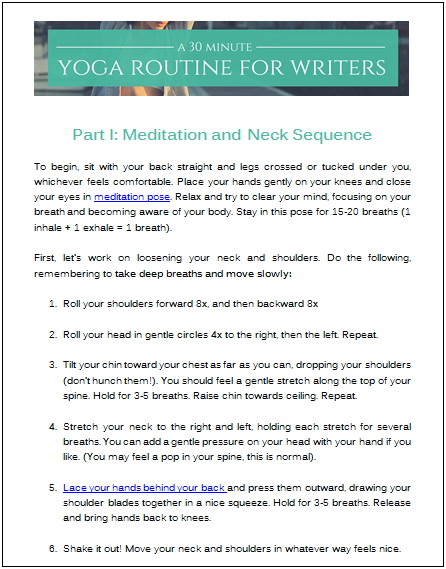
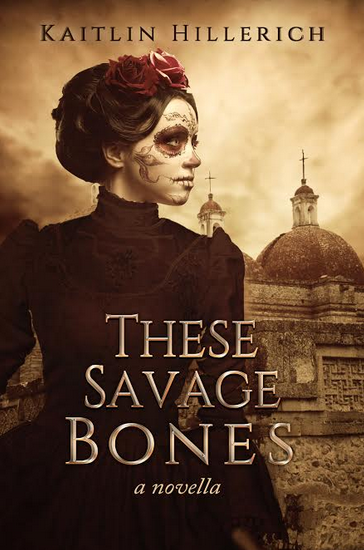

Voice has been one of the most difficult writing techniques to master for me. It fluctuates so much plus I switch how I write depending on the genre of book I write and the character so it’s difficult for me to peg what is mine. I like to vary my sentence structure a lot especially depending on the mood of the scene. I also like to pepper appropriate colons and emdashes into my writing. When I write sci-fi I’m more gritty and to the point and with fantasy I flourish more and add more poetry.
storitorigrace.blogspot.com
That’s good though that you’re varying your voice & style between genres! I wouldn’t write a thriller the same way I would write an epic fantasy. As you said, with fantasy you can be more poetic but with some genres its better to be more straightforward. Different techniques work better for certain genres. So don’t worry, that’s definitely a good thing 😉
Voice can be such a tricky concept – and something so many writers struggle with. It always takes me at least 10k to really get into the voice of each new project, and even then I still struggle occasionally. It’s so true that voice comes easiest when you’re not thinking about it, too.
Lindsey – AYAP Community Intern
Oh yes for sure! I feel like if you think about it too much then you just frustrate yourself. You sort of just have to “feel” it and let it come naturally. And I know what you mean, it takes me a while to figure out the voice of a story too, but once I get to know the viewpoint character it usually comes together 🙂
Great post, Kaitlin! Voice is a very elusive concept, and one I had a hard time grasping when I first learned about it. So I took a day-long class on voice last year, and it really helped me get a better understanding of what voice is in writing and (my biggest concern at the time) whether my WIP had a “voice” in it at all.
In terms of my “voice” for my WIP: It’s very much the protagonist’s, since it’s written in first-person. A lot of her feelings, opinions, and biases seep through as a result. I also like to include sensory details, occasional metaphors, and varied sentence length; and prefer not to use adverbs or dialogue tags.
I used to worry that my stories didn’t have a voice in them as well. It’s a confusing concept to grasp as a new writer lol. It sounds like we have similar stylistic choices! I avoid speech tags and adverbs whenever I can as well. I think my story tends to have more of my character’s voice because I write in deep POV, but it’s third person so I still have some influence.